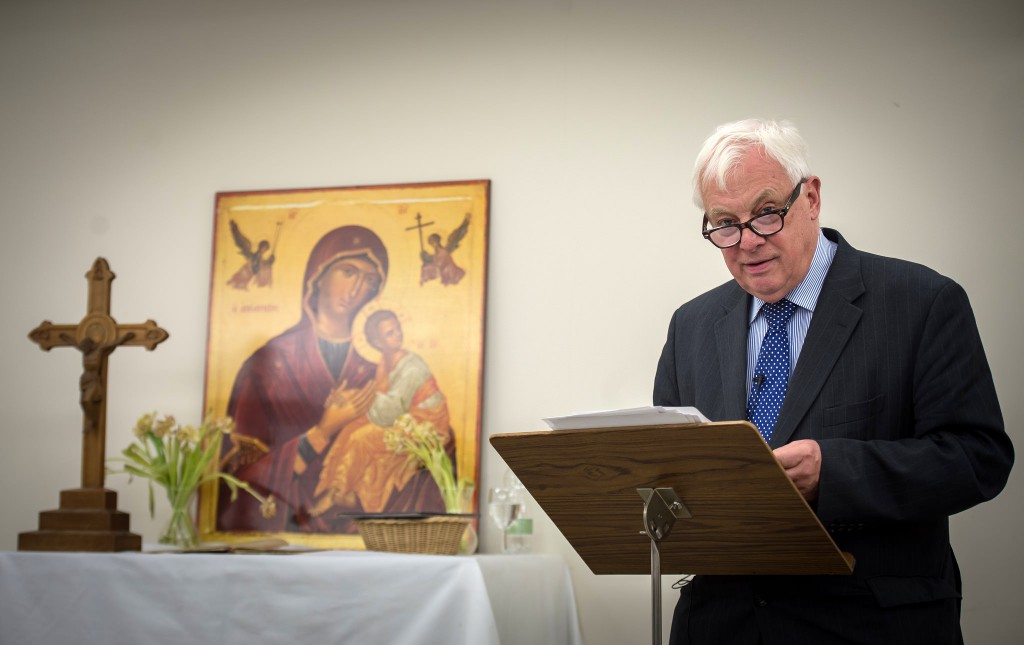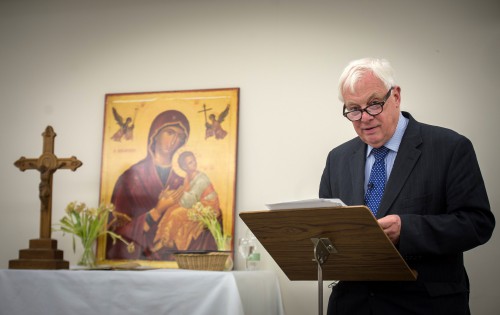28th May 2015
‘Excellence’ in Holy See communications


Amongst the various reforms underway at the Vatican, one that has generated considerable interest is the reform of Holy See communications. There had for many years been criticism of a lack of coordination and high levels of duplication in Holy See communications. The last decade had also seen a number of avoidable communications errors that better practices and structures might have prevented. More particularly, as a man focused on the Church’s mission, Pope Francis has been keen to ensure that the Holy See should do better in getting its message out.
Last July 2014, therefore, the former British Minister (and former Chair of the BBC Trust) Lord Patten was asked by the Pope to chair a Vatican Media Committee to propose recommendations. The report was delivered to the Pope this April. Lord Patten has just delivered a fascinating lecture that reveals not only the proceedings of the Committee, but its principal recommendations.
The lecture is worth reading for anyone interested in the Catholic Church, but also anyone interested in communications. One comment rings very true for any institution, the British Foreign Office included: “While in terms of theology and pastoral care there is obviously an important discussion about how the church’s teachings should reflect, challenge or seek to change the modern world, there is surely no real argument at all about how the way the church organises itself should encompass the best of modern technology and the best of accepted and acceptable practices”.
As Lord Patten concludes in his lecture: if we believe in our message, “there is surely an obligation on us to ensure that it is proclaimed in the most effective and professional way”. I see that as an obligation for me as British ambassador to the Holy See, and so we put in real effort as an embassy to use digital and other media to help an interested readership understand what we are doing, and to ensure that we are hearing the opinions of others. Do continue to subscribe to this blog by clicking on the button on this page. We’ll try to do our best, in Lord Patten’s words, to continue to be “innovative and bold” in communicating with you.